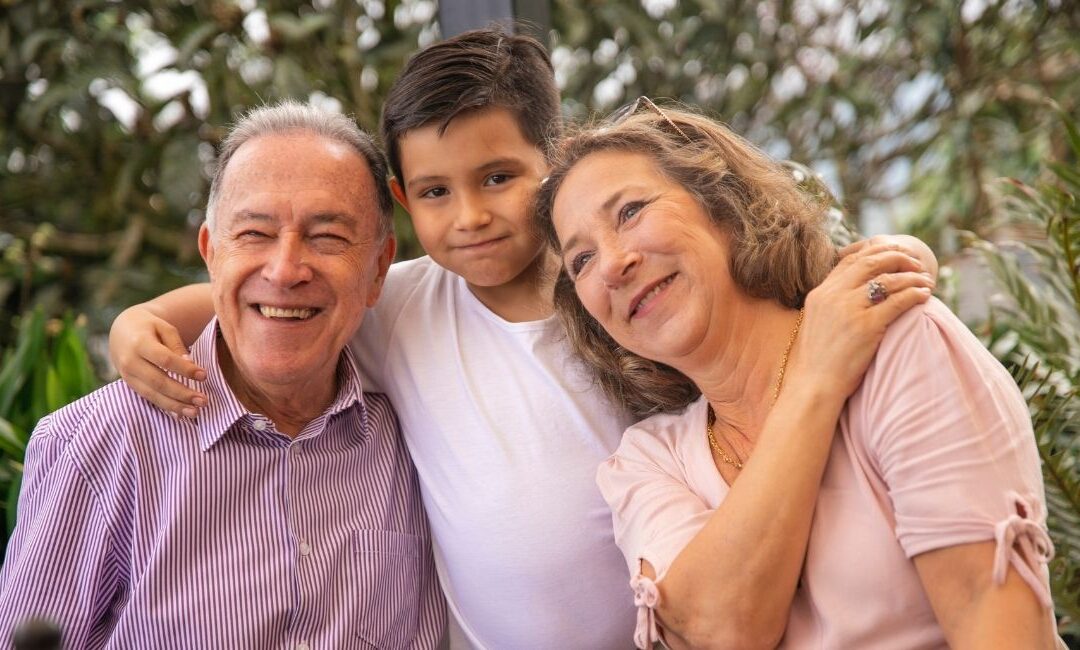As we celebrate Easter this month, we are reminded that God demonstrated His love for us in that while we were still sinners Jesus Christ came to die for our sins.¹ After three days He rose from the dead and gave us an inheritance of eternal life so we can experience HOPE in our lives when we invite Him into our hearts and be part of our lives. Hope is to expect or desire something, often referred to having confidence or trust in someone or something, to have positive expectations.
When we place our hope in the Lord, He keeps us going, even when difficult times come into our lives. Our hope in Him lightens our present burdens with the positive expectation that things will be better in the future.
When people are hopeless, they are depressed, often focusing on negative thoughts, lacking motivation, enthusiasm, and energy. Often they are exhausted from the trials and challenges they have been through and cannot see that the future will be better. They may have no defined purpose or goal in life or grown up in environments where hopelessness and pessimism ruled, where they had the tendency to dwell on bad news, either actual or possible.
However, people who fail to have hope forget that they have a choice: they can focus on the problems, or they can focus on the Lord. They can choose to focus on the negative or they can choose the positive.
When we place our hope in Jesus Christ, everything will look better. We will be motivated, inspired, and willing to work through our difficulties because God is there to help us walk through those difficulties. Our relationships with others will grow, our energy will be revitalized, contagious, and positively affect others. When your grandchildren are discouraged with the difficulties in their lives, ask them to focus on the Lord, rather than on the problem. Help them to look for the positive instead of the negative in the issue they are dealing with.
Share with your grandchildren how God helped you when you were disappointed or when you faced challenges in your life. Tell them what happened when you asked God to help you. Even young grandchildren deal with disappointments and challenges; for example, a classmate may have hurt their feelings, they did not make the baseball team, or they failed a test. Etc.
Things to do:
Pray with them, if possible.
Tell them you will be praying about the situation.
Ask them to pray about the circumstance.
Give them thoughts of affirmation:
“With the Lord’s help, I know you will make it.”
“You can do it.”
“You’ll have a great time.”
When our hope grows, everything looks better and feels better. Our hope will be contagious and will positively affect others. Give your grandchildren the gift of hope.
¹ Romans 5:8
© Lillian Penner 2011






0 Comments